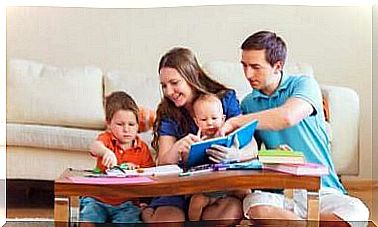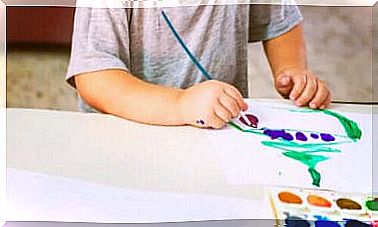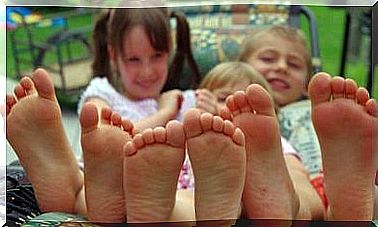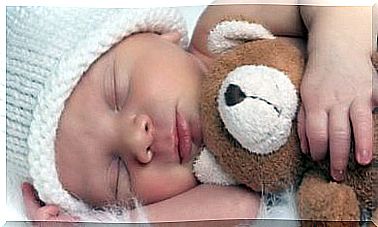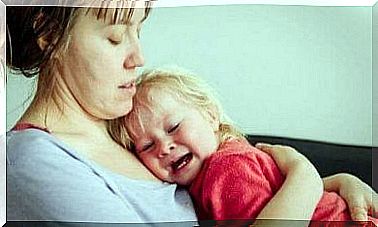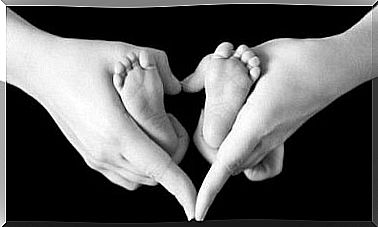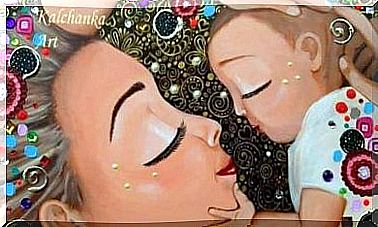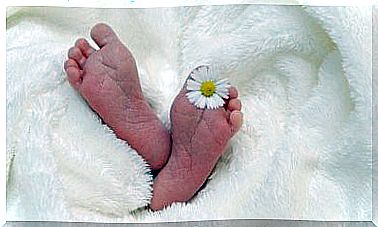Depression In Children: Causes, Prevention And Treatment
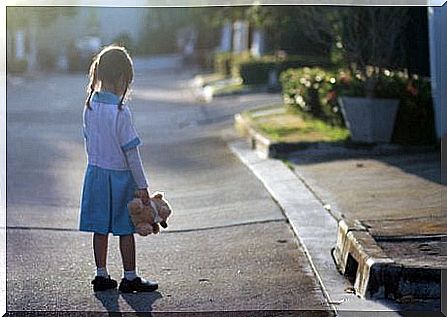
In the next article we will discuss the serious problem of childhood depression. We therefore want to share some important information about its causes, symptoms, prevention and treatment.
It may seem impossible to imagine. That children immersed in a world of games and adventures can become deeply depressed. Unfortunately, the reality is different.
Childhood depression exists and medical professionals consider it an illness. Even newborns can fall victim to depression and also express strong feelings of unhappiness.
However, the biggest problem with childhood depression is that it can go unnoticed.
Children often do not even understand what is happening to them. They are confronted with emotions and feelings that they cannot express, let alone overcome.
Their symptoms resemble signs of weakness. But they are actually signs of a dangerous emotional disorder.
- Apathy.
- Aggression.
- Nostalgia.
- Lack of motivation.
- Low self-esteem.
- mood swings.
These are some of the clearest indicators of childhood depression.
However, there could be a lot more going on. Personal conflicts, psychological changes and illnesses can remain hidden for quite some time.
What Causes Depression in Children?
Brain chemistry, biology, life experiences, physical health… Depression can be related to many factors.
But when it comes to children, there is one factor that makes them particularly vulnerable. Their immaturity when it comes to controlling their emotions.
Related Risk Factors:
- Environment (social and family).
- Genetic predisposition. Clinical studies have been done. When parents suffer from depression, their children are four times more likely to receive the same diagnosis.
Children who grow up in dysfunctional families are also more prone to depression. The same is true for those who receive an inadequate education.
An intolerance to frustration or demanding rewards for actions can also cause children to become depressed. At the same time, children who experience maltreatment, abuse or loss are also more prone to depression.
How do you determine if a child is depressed?
Childhood depression can be clinically and emotionally demonstrated. Sadness is an indication, but it is not the main one.
Depression refers to the presence of one or more of the following symptoms. These symptoms persist for more than 2 consecutive weeks, without the effect of any substance:
- Guilt.
- Hostility, irritability, anger.
- Self-destructive ideas or behavior.
- Physical discomfort without medical explanation.
- Weight changes, with no apparent cause.
- Feelings of emptiness, hopelessness.
- Agitation or inhibition of psychomotor activity.
- Sleeping problems, difficulty concentrating.
- Apathy, loneliness, negativity, tendency to cry or scream.
- Inability to enjoy school or recreational outings.
- Despair, lack of energy, refusal to speak, poor academic performance.
Babies can also suffer from depression
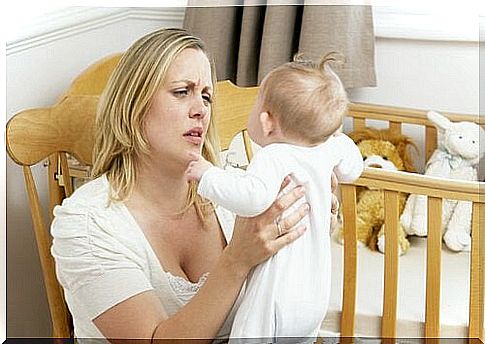
When babies come into the world, they cling to those who provide protection and survival. The more satisfying and loving these connections are, the happier the babies will be.
On the other hand, if babies encounter rejection, lack of affection (especially from the mother), then there is a threat of depression.
What Are the Symptoms of Depression in Babies?
- Apathy.
- Crying suppressed.
- Absence of laughter.
- Lack of response to stimuli.
- Attachment to strangers.
What is a sign that something is wrong? If an 8 month old prefers to be in the arms of a stranger. A child who prefers a stranger to the arms of his own parents. The same applies if the child is quiet, does not want to explore the world around him. Or worse, if the child’s development is abnormal.
If a child does not walk around the age of 17-18 months. Or at 2 years old still not saying a word. These can also be signs of depression. These factors are often the result of depressed parents.
How do you diagnose and treat depression in children?
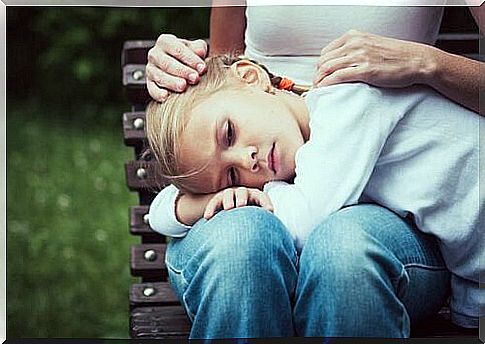
However, there is no specific method for detecting depression in children. For example, they may conduct conversations and consultations with mental health professionals. In addition, an evaluation of your child’s symptoms is possible. This will help establish a diagnosis.
However, the strategy will vary depending on the age of the child.
There are both dynamic and systemic therapies. These can be used to identify pathological parameters of interaction. Based on these parameters, the specialist chooses treatment techniques. In some cases, these treatments can also be supported by medication.
It is also very important that adults are understanding and compassionate. Care, respect and the encouragement of healthy social interaction are fundamental in children’s lives.
